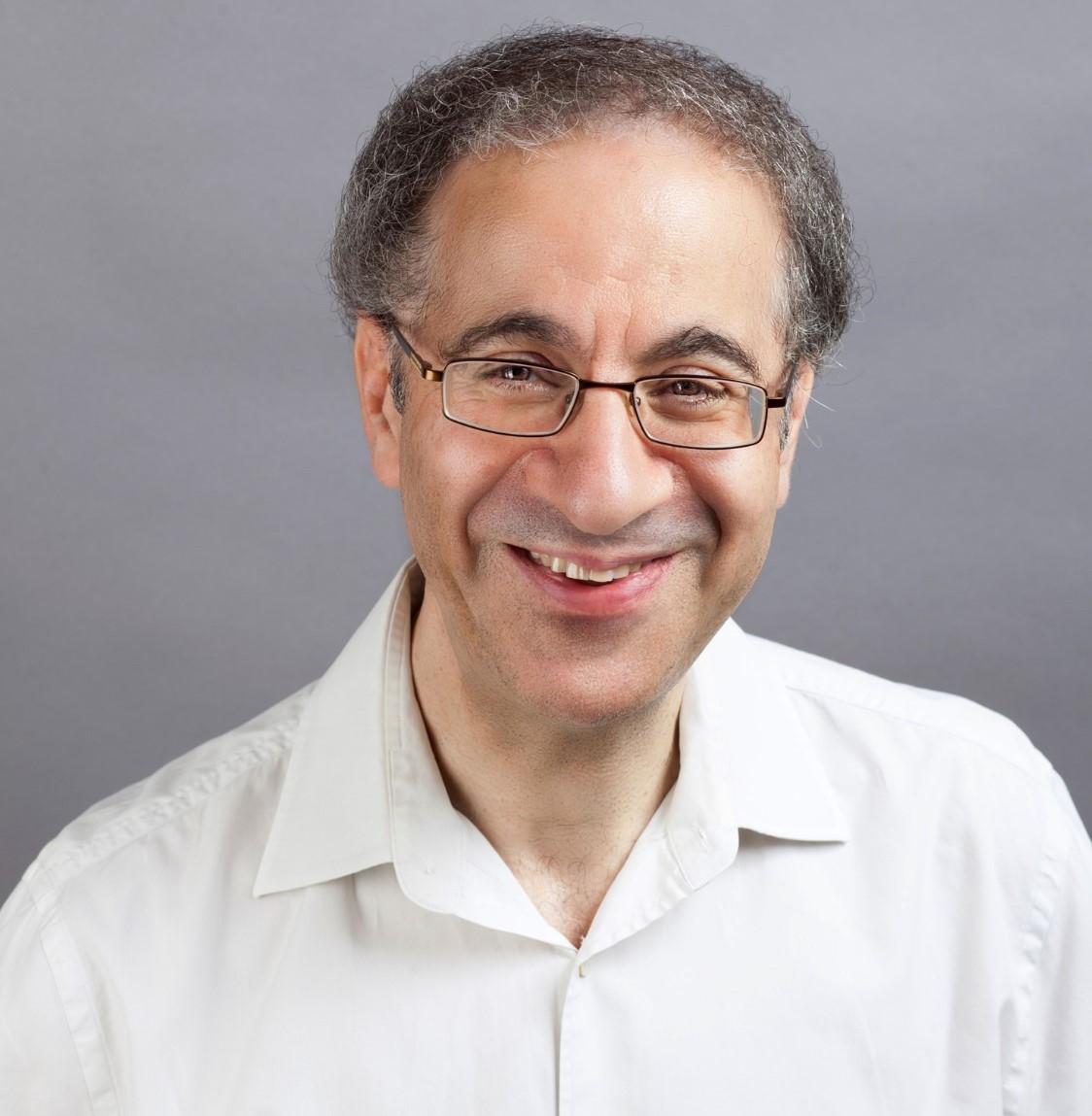Paul
Musician Paul was diagnosed with high-grade non-Hodgkin lymphoma in 2018. Here, he writes about how the experience changed his life, the steps he took to support his wellbeing throughout his treatment, and how he wouldn't let his diagnosis block his creativity.

It was a little over 2 months since that first appointment at my local surgery in January 2018. I had been experiencing some rather vague abdominal pains and thought they ought to be checked out. Until that point serious illness had never been part of my life.
Now I was sitting opposite a consultant having been through scans, biopsies and blood tests. ‘You have high-grade non-Hodgkin lymphoma’. She went on to explain a lot about lymphoma and the 6 months or so of treatment ahead, but most of it passed me by. Words like ‘cancer’ and ‘tumour’ are very powerful and seem to reverberate in the mind, reducing all else into a kind of impenetrable verbal fog.
As a musician and teacher who spends much of life flying round the world, presenting masterclasses and concerts, delivering workshops and teaching, the forthcoming chemotherapy, with its enforced isolation – no visits to public places or travel on public transport in case of life-threatening infection – made me feel very uneasy.
During the 6 months of treatment I managed to compose many pieces of music and wrote a number of my music teaching workbooks. I wasn't going to let the cancer block my creativity!
The first chemo hit like a sledgehammer. It took 7 and a half hours to pump in all the drugs – some by extremely large syringes and some drip fed into my PICC line. I had taken books and my computer with me, but made use of neither. The experience was all-consuming and took me to a place I had never been before.
But a week or so later, I had a very useful conversation with a friend who had come through his own cancer experience. He told me to concentrate on three things:
- Exercise – something I had been feeling too weak to do, but now made a special effort to find the necessary energy.
- Eat well – I’d had virtually no appetite for some time and had lost a lot of weight, but now made a major attempt to eat more nourishing foods.
- Be positive – although I am positive by nature, I decided to be even more so.
Happily, the cabin fever, the anger, and the loss of direction began to recede. I felt better.
I also decided to share my cancer with all those close to me and spoke openly about what I was going through. It makes conversation so much easier. No one is in any doubt about what, or what not to say.
I spoke openly about my cancer. It makes conversation so much easier. No one is in any doubt about what, or what not to talk about.
It’s the side effects that you spend most time having to deal with. While on the one hand, the toxic cocktail of chemicals are hopefully doing their job defeating the cancer, on the other, they are presenting you with problem after problem. Many are unexpected – even if you are expecting them. Sickness, lack of sleep, bad taste, hair fall-out, numbness in toes, dizziness and, the worst by far, constipation. But you learn, in my case with the help of my wonderful GP, how to control them.
Treatment presents problem after problem. Many are unexpected – even if you are expecting them.
During the 6 months I managed to compose many pieces of music, carry on giving lessons to my healthy pupils (infected ones were not allowed!) and I wrote a number of my music teaching work-books. I wasn’t going to let the cancer block my creativity.
There were quite a number of low periods – but what struck me was that through the whole experience I was constantly learning. Dealing with the illness, sharing the experience with friends and putting myself, unconditionally, into the care of all the exceptional medics caused me to learn so much. About empathy, about isolation, about fear, about how we say things, about gratitude, about patience, about expectations. Above all I've learnt to take nothing for granted.
My treatment ended in September, but I was, for the next 18 months, a regular visitor to hospital where considerable quantities of blood were taken (I got to know my phlebotomists very well – and what delightful people they usually are!) and had many scans. About 3 months ago I was officially ‘discharged’. All was well. The journey had come to an end. But I’m not the same person I was those two years ago when it all began. There’s nothing desirable about cancer. But for me, I don’t want to look back and see it as a negative period in my life. I worry less; I do get more frustrated when I witness behaviour that is unkind or unjust and I try not to waste opportunities. Every moment in life is that much more precious.
Paul Harris is a clarinettist, teacher, composer, author and one of the UK’s leading music educationalists. In 2018 he was diagnosed with non-Hodgkin lymphoma. He kept a journal which has been published: Cancer and Positivity, a musician’s journey through illness, learning and teaching (Queen’s Temple Publications, ISBN 9780955247385, available to buy here). All proceeds will go to Lymphoma Action and the Churchill Hospital charity - our thanks to Paul for his generosity.
